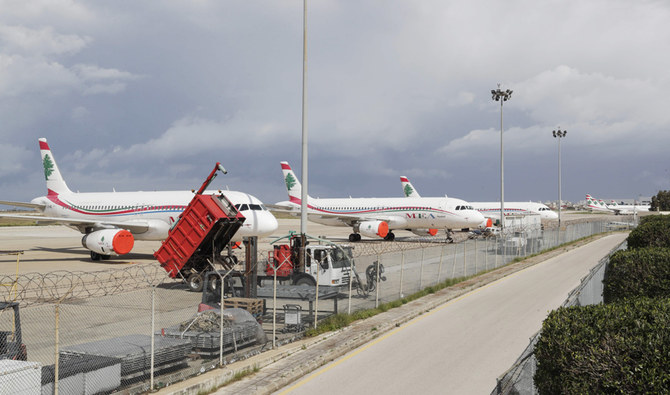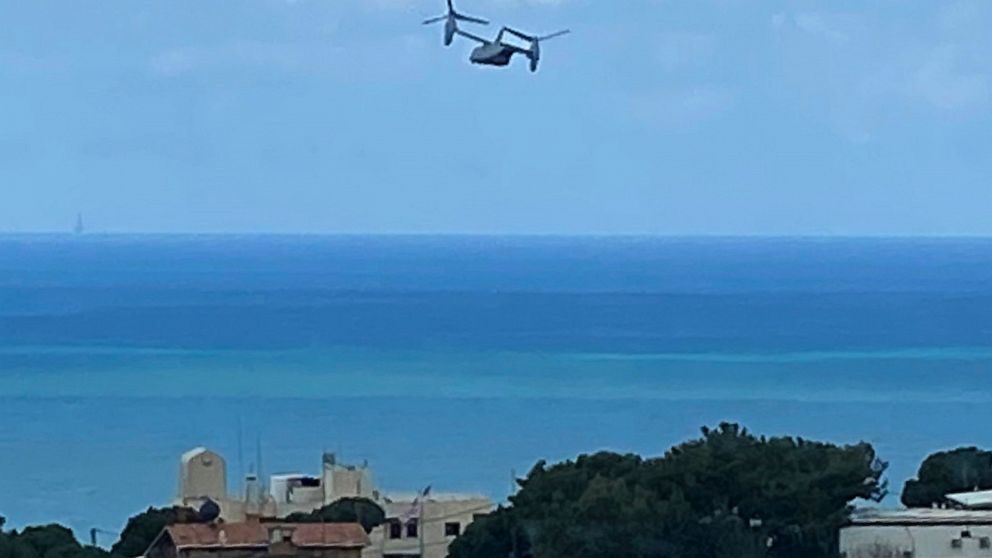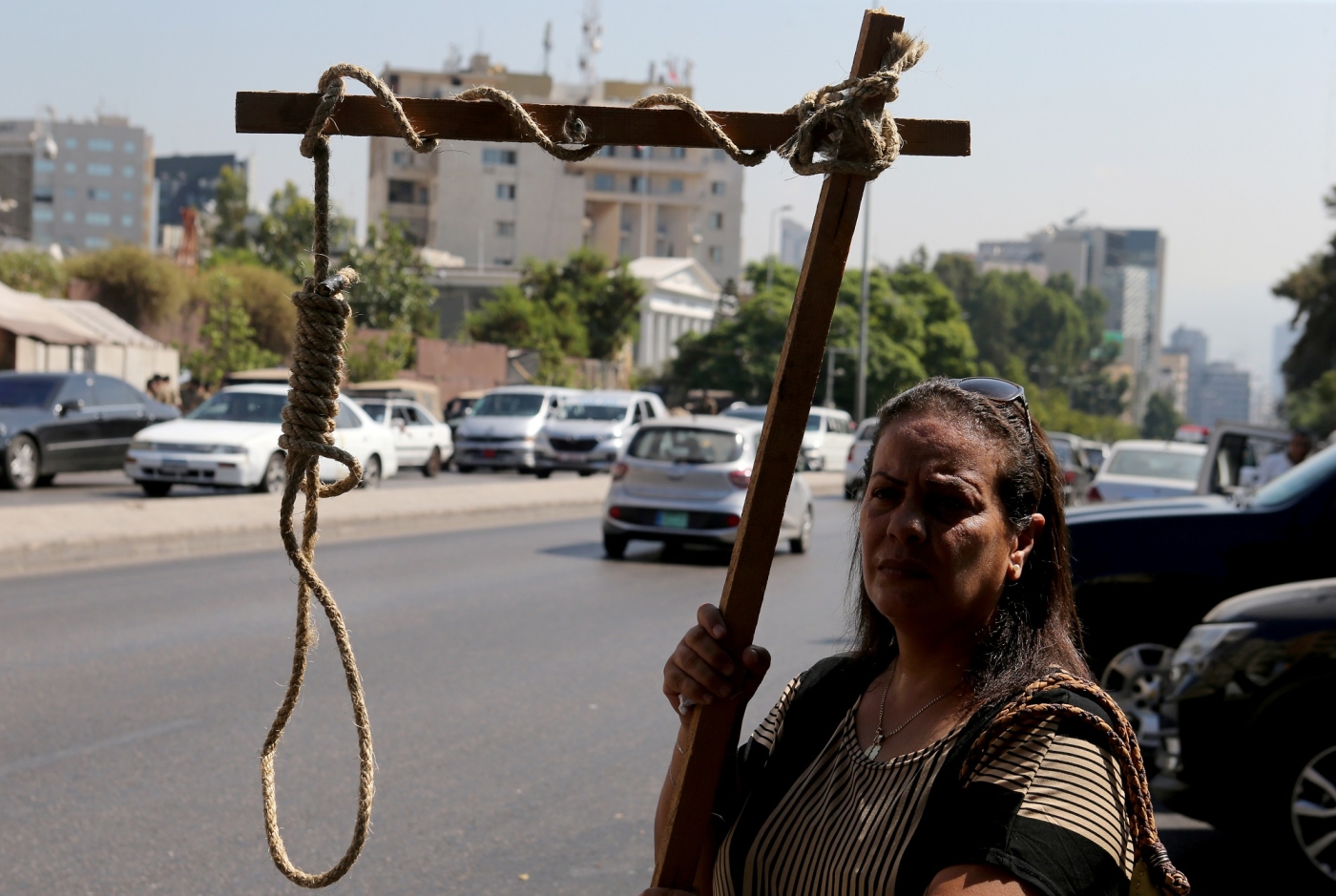
by arabnews.com — NAJIA HOUSSARI — BEIRUT: Lebanon remains open to naval and air shipping despite interruptions from the coronavirus (COVID-19) pandemic. Meanwhile, health and security authorities are struggling to prevent the virus from spinning out of control. On Monday, there was a slight increase in the number of new cases, with the Ministry of Health announcing that the total number of infections was 256 cases. Lebanese Minister of Health Dr. Hamad Hassan said: “80 of 160 beds are vacant in Rafik Hariri University Hospital, designated to receive cases of infection by the coronavirus.” Lebanese lawmaker Michel Moawad announced on Monday that the number of infections has increased in the northern district of Zgharta and that “a total lockdown will be imposed on the region.”
Lebanese people are still confining themselves to their homes under the monitoring of the army and security forces, which were put in charge of reporting any violation of the lockdown. Monday saw the first recorded case among UN Interim Force In Lebanon (UNIFIL) forces, with one of its soldiers contracting the virus. He was confined at the UNIFIL hospital in Naqoura. Andrea Tenenti, UNIFIL spokesperson, said that all precautions were taken to prevent the spread of the virus, adding that the soldier was on leave and returned on March 15, and that he was immediately quarantined. Four other soldiers who were in direct contact with the infected soldier were put in confinement. Tests were done on all four, with three testing negative. UNIFIL is still waiting for the result of the fourth soldier.
A meeting was held on Monday in the Port of Beirut to decide measures to prevent the spread of the virus. The port management declared its commitment to providing masks and other protection materials for visitors. Hassan Koraytem, managing director of the Port of Beirut, said: “The port building, offices and entrances controlled by the army, general security, customs and state security will all be sterilized.” He added that “a circular will be issued to all shipping and goods clearing companies not to deploy personnel who are more vulnerable to the disease than others, especially people above 60 with chronic diseases.” On Monday, there was a slight increase in the number of new cases.





![Lebanon's central bank is seen closed, after the government declared a medical state of emergency as part of the preventive measures against the spread of coronavirus disease (COVID-19) [Mohamed Azakir/Reuters]](https://www.aljazeera.com/mritems/imagecache/mbdxxlarge/mritems/Images/2020/3/20/08b10eef881948eb89a07e275d6e48ea_18.jpg)





